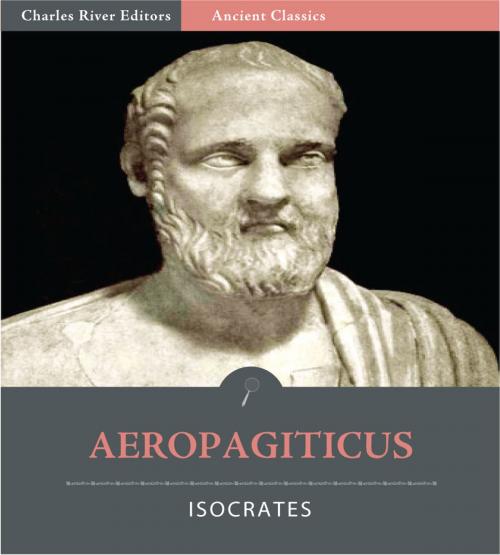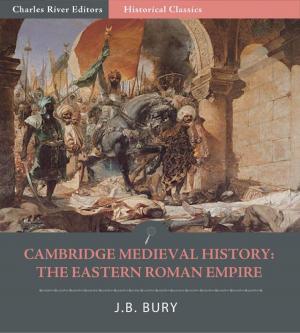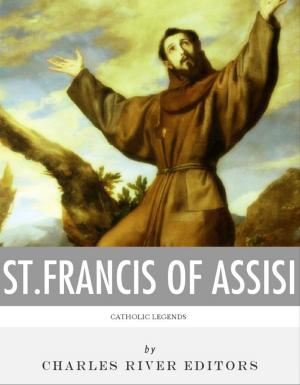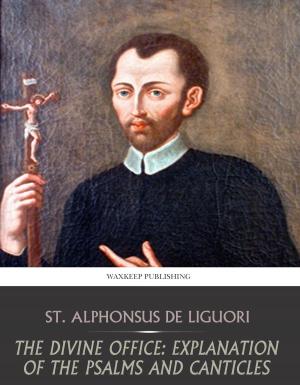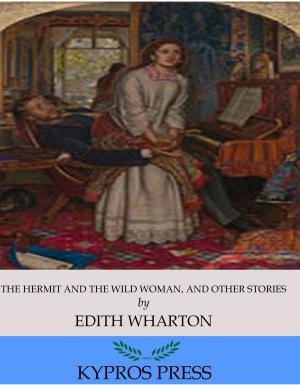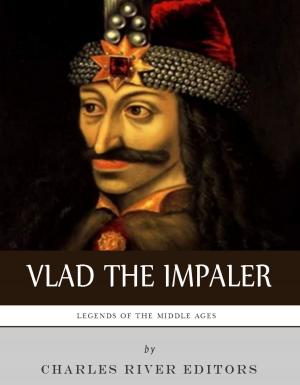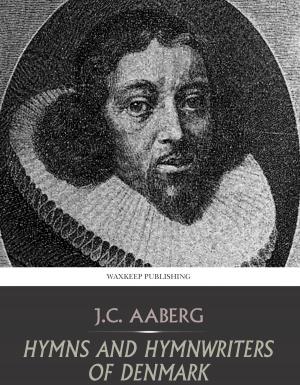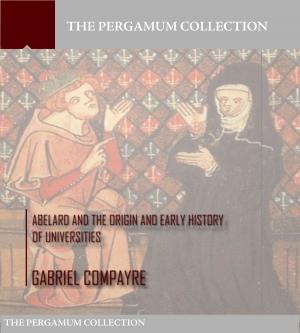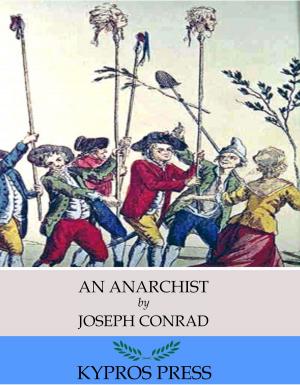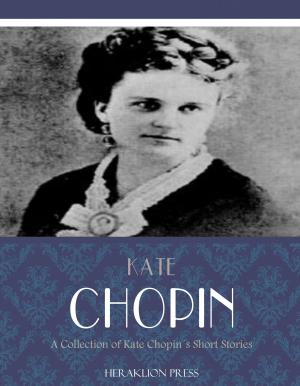Aeropagiticus (Illustrated Edition)
Nonfiction, Religion & Spirituality, Philosophy, Ancient, History, Ancient History, Greece| Author: | Isocrates | ISBN: | 9781475303834 |
| Publisher: | Charles River Editors | Publication: | March 25, 2012 |
| Imprint: | Language: | English |
| Author: | Isocrates |
| ISBN: | 9781475303834 |
| Publisher: | Charles River Editors |
| Publication: | March 25, 2012 |
| Imprint: | |
| Language: | English |
Isocrates (436-338 B.C.) was an ancient Athenian orator, rhetorician, and teacher whose writings are an important historical source on the intellectual and political life of the Golden Age of Athens. The school he founded differed markedly in its aims from the Academy of Plato but it was influential in its time and attracted students from across the Greek world. Of his hundred pupils the most notable were Timotheus, the Athenian general, prominent in Athens history between 378 and 355; Nicocles, the ruler of Salamis in Cyprus; and the two greatest Greek historians of the 4th century, Ephoruswho wrote a universal historyand Theopompuswho wrote the history of Philip II of Macedon. As a result, his influence permeated both politics and literature. Despite his influence, his chief aim was rhetoric. In fact, Isocrates had contempt for the philosophical subtleties of the Platonic circle. Unfortunately, his discussion in the speeches Against the Sophists and in On the Exchange tells one more of what he objected to in other systems than of what he actually had in his own, but it can be safely asserted that, whereas the training of the Platonic Academy was essentially philosophical, that of Isocrates was almost entirely about the art of persuasion. In his Socratic dialogues, Plato was often dismissive of Rhetoricians, indicating the conflict between the two groups. This edition of Isocrates Aeropagitictus is specially formatted with a Table of Contents and is illustrated with over a dozen pictures.
Isocrates (436-338 B.C.) was an ancient Athenian orator, rhetorician, and teacher whose writings are an important historical source on the intellectual and political life of the Golden Age of Athens. The school he founded differed markedly in its aims from the Academy of Plato but it was influential in its time and attracted students from across the Greek world. Of his hundred pupils the most notable were Timotheus, the Athenian general, prominent in Athens history between 378 and 355; Nicocles, the ruler of Salamis in Cyprus; and the two greatest Greek historians of the 4th century, Ephoruswho wrote a universal historyand Theopompuswho wrote the history of Philip II of Macedon. As a result, his influence permeated both politics and literature. Despite his influence, his chief aim was rhetoric. In fact, Isocrates had contempt for the philosophical subtleties of the Platonic circle. Unfortunately, his discussion in the speeches Against the Sophists and in On the Exchange tells one more of what he objected to in other systems than of what he actually had in his own, but it can be safely asserted that, whereas the training of the Platonic Academy was essentially philosophical, that of Isocrates was almost entirely about the art of persuasion. In his Socratic dialogues, Plato was often dismissive of Rhetoricians, indicating the conflict between the two groups. This edition of Isocrates Aeropagitictus is specially formatted with a Table of Contents and is illustrated with over a dozen pictures.
